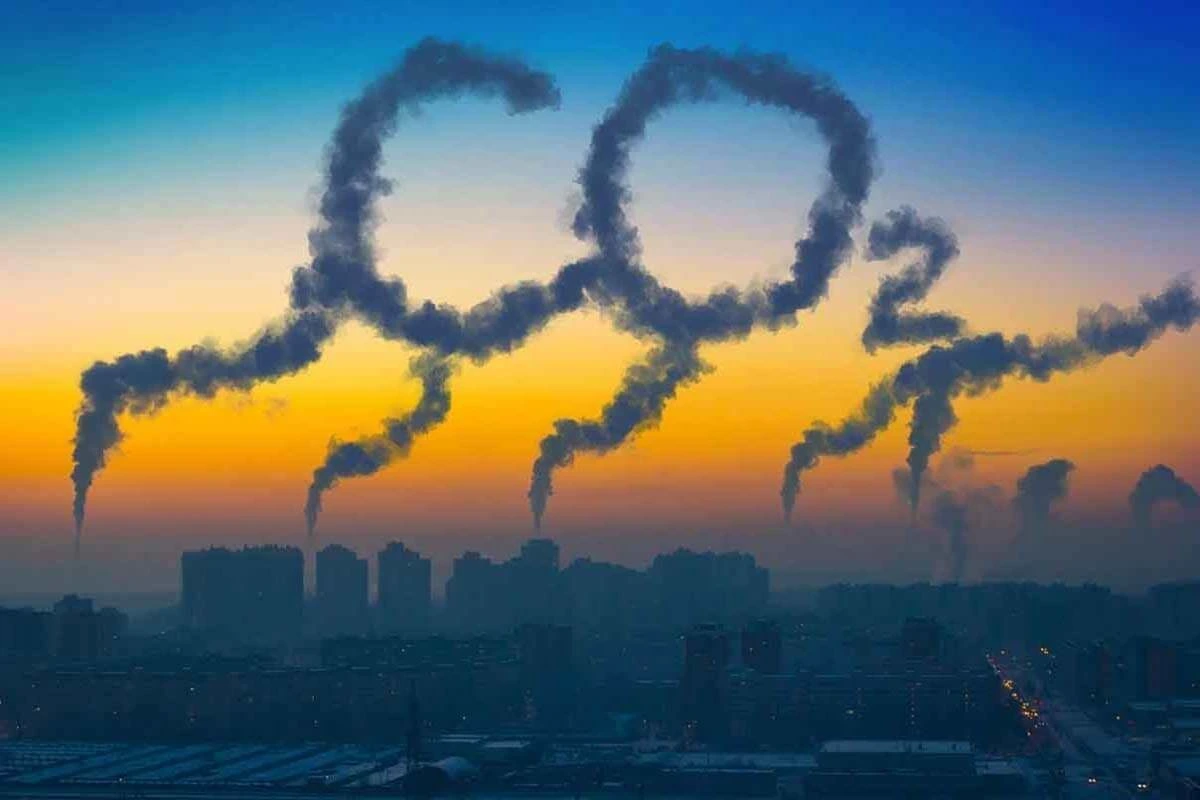Islamabad, 21 July: The World Bank has urged Pakistan to adopt targeted energy efficiency measures across five major industrial sectors to lower rising energy costs and reduce greenhouse gas emissions.
In a new report titled Pakistan Energy Efficiency: Industrial Energy Efficiency and Decarbonisation (EE&D), the Bank outlines strategic interventions for the cement, steel, fertiliser, textile, and paper and pulp sectors. The findings are based on a comprehensive study carried out from mid-2022 through 2023.
The report, intended to support ongoing policy dialogue between the World Bank and the government, highlights how a broader shift to energy-efficient practices remains hindered by financial constraints, lack of awareness, and unclear policy frameworks. While some firms have adopted new technologies, widespread progress is limited.
READ MORE: Pakistan Cement Industry Overview 2025 – Capacity, Exports & Outlook
It also notes a perception issue: businesses often link energy efficiency—and especially the term “decarbonisation”—with high costs and reduced competitiveness, leading to hesitation in adopting reforms.
Sector-specific recommendations include:
- Textile: Dyeing and finishing processes offer substantial energy-saving potential. The report suggests fuel switching, process upgrades, and embracing circular practices could slash energy use by up to 60% and emissions by 13%.
- Cement: Existing technologies like waste heat recovery have made headway. Scaling up could reduce emissions by 3% to 35% and energy use by up to 20%.
- Fertiliser: Reliance on natural gas, coupled with low fixed gas prices, has discouraged energy investments. The sector remains vulnerable to fuel price volatility.
- Steel: Although production primarily uses electric induction furnaces, efficiency could still improve. Targeted investments may yield a 5%–12% cut in emissions and up to 10% in energy savings.
- Paper and Pulp: Despite a 7.2% annual growth rate, the sector has seen minimal efficiency improvements. The World Bank advocates greater adoption of advanced technologies.
Overall, the report calls for clearer financial information, better policy support, and improved access to modern technologies to help industry players embrace energy-saving solutions without sacrificing competitiveness.









